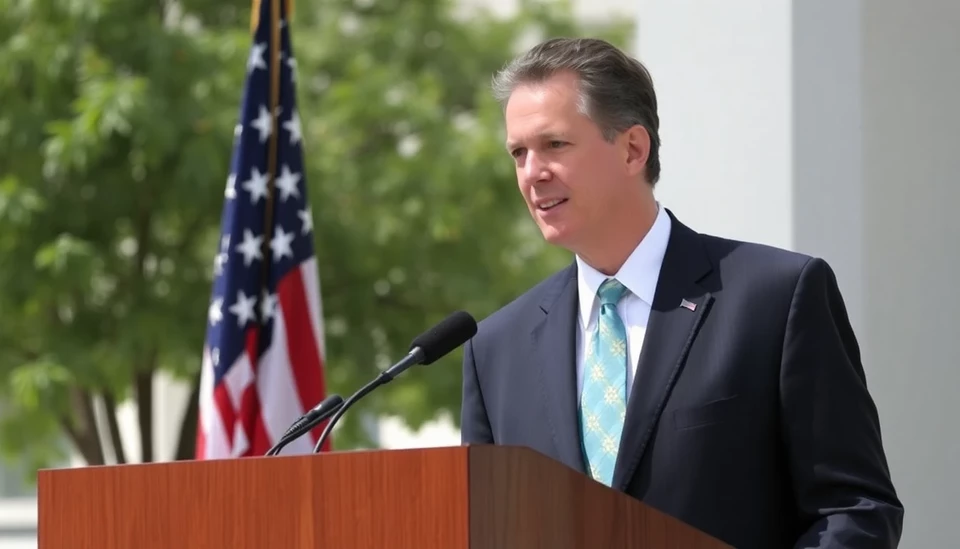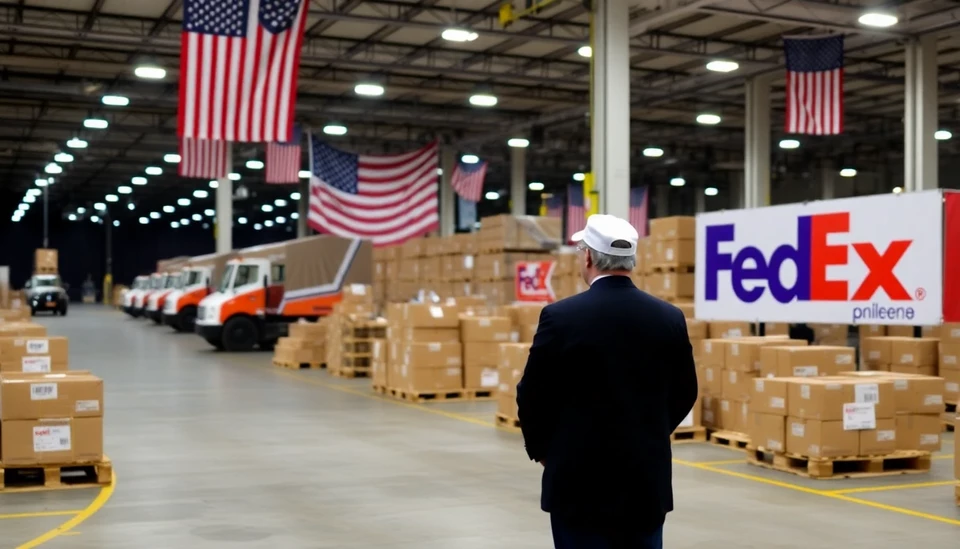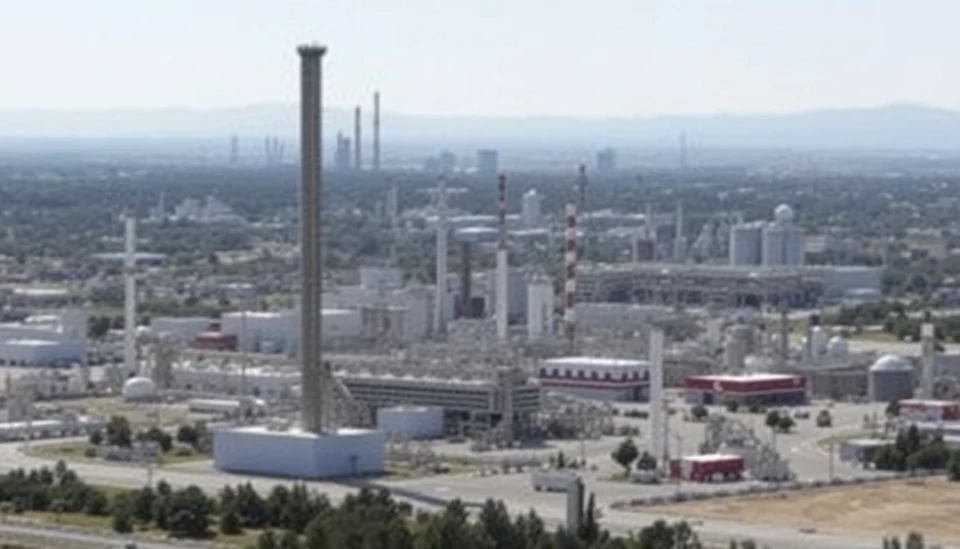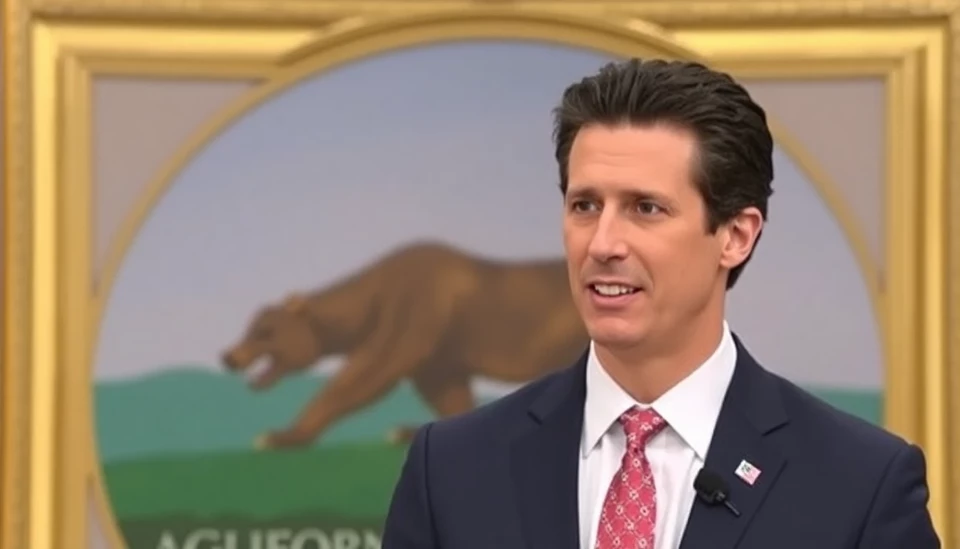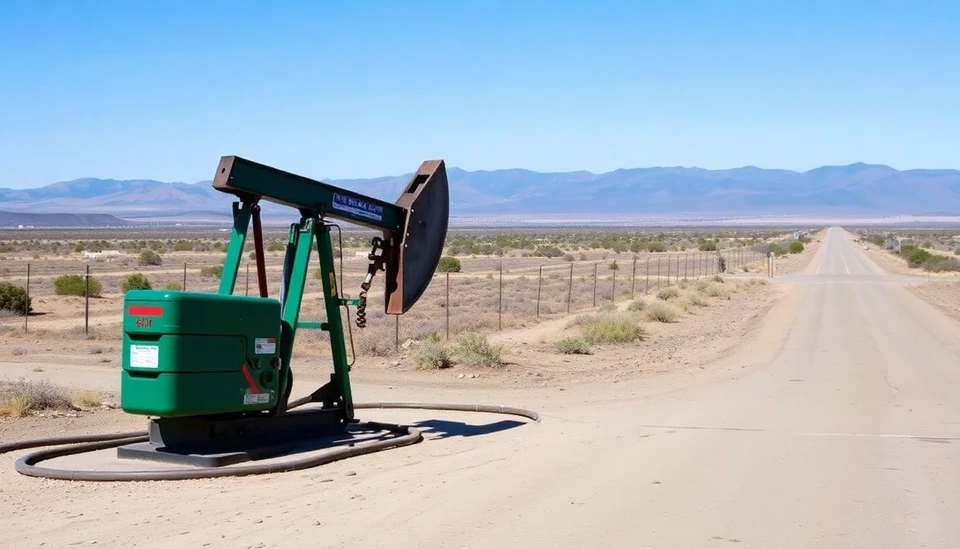
In a surprising turn of events, California has decided to extend financial aid to certain oil producers whose operations are among the most polluting in the United States. This decision has sparked a heated debate around environmental policies and the state’s commitment to combating climate change. The exposure of this subsidy program, which is set against the backdrop of the state's ambitious environmental goals, has thrown the spotlight on the complexity of transitioning to cleaner energy sources.
The state government, facing ongoing challenges related to energy supply and prices, has opted to support domestic oil production, particularly focusing on local drillers located in some of the state's most environmentally sensitive areas. Critics argue that this move contradicts California's progressive environmental standards, which prioritize reducing greenhouse gas emissions and promoting renewable energy alternatives. Many environmentalists see this subsidy as a regression for a state that has long positioned itself as a leader in environmental policy.
Under this subsidy, oil companies will receive financial assistance that essentially benefits some of the highest-emission producers in the nation. This decision appears to be a response to the soaring costs of gasoline and the state’s need to stabilize its energy market, particularly as the state battles with high fuel prices and supply constraints. However, the anticipated long-term environmental impacts of these subsidies have raised alarms among ecological experts and activists alike.
In response to the backlash, state officials assert that the subsidies are necessary to ensure energy reliability while managing both economic and environmental challenges. The argument presented by proponents of this subsidy center on the need to balance immediate energy needs and the long-term vision of a sustainable energy infrastructure. Advocates maintain that these subsidies are a means to support local economies and secure jobs in the oil industry while transitioning toward cleaner energy solutions.
However, with California being at the forefront of climate action, this contradictory move has caused significant unrest among climate activists who are urging for more stringent measures against fossil fuel dependency. Environmental organization representatives argue that subsidizing dirty oil sends the wrong message about the urgency of addressing climate change. They fear that this could create a loophole that prevents the state from meeting its legislative goals to reduce carbon emissions substantially.
The implications of these subsidies extend beyond just California. As one of the largest economies in the United States, the state's policies often serve as a template for other regions. Thus, this decision could influence how other states approach fossil fuel subsidies and climate policy-making, further complicating the already contentious relationship between energy policy and environmental responsibility.
As the discussion evolves, it remains crucial for stakeholders—policymakers, industry leaders, and environmental advocates alike—to engage openly about the best path forward. The future of California's energy strategy hangs in the balance as various parties voice their opinions on the viability of oil subsidies in an increasingly eco-conscious society.
The state's decision to support its oil producers amidst rising fuel costs presents a complicated picture, reflecting the tension between immediate economic relief and long-term environmental sustainability. As California navigates these challenges, it will be imperative to monitor the outcomes of this policy and its impacts on both the local economy and the global fight against climate change.
Ultimately, California's latest action raises significant questions about the state's future energy policy and its dedication to a greener tomorrow. Will these subsidies pave the way for continued fossil fuel reliance, or will they catalyze a more profound discussion on sustainable practices in energy production? Only time will tell as the state and its citizens grapple with the implications of this contentious policy.
#California #OilSubsidies #ClimateChange #RenewableEnergy #EnvironmentalPolicy #EnergyCrisis #FossilFuels #CleanEnergy #Sustainability #CaliforniaDreaming
Author: Peter Collins
